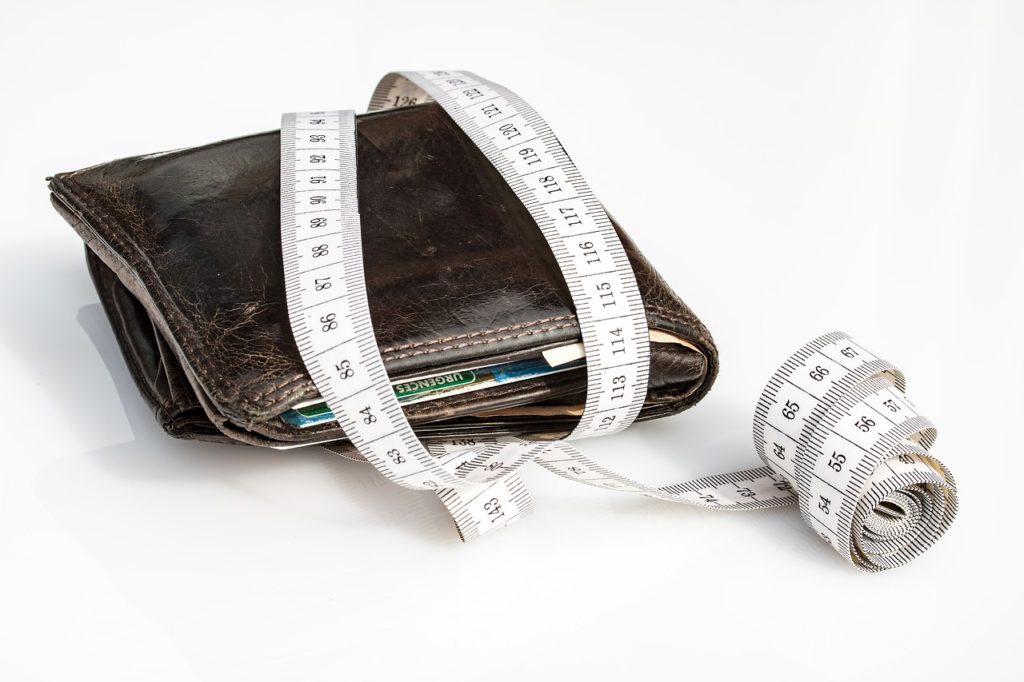
Your debt is the amount of money you owe lenders. Typically, you repay your debts over a predetermined time period. Payments include interest charged by the lender. There are dozens of different types of debt, including
- credit card debt,
- medical debt,
- student loan debt,
- personal loans,
- overdue bills,
- auto loans,
- mortgages, and
- payday loans.
The amount and type of debt you have is important. And, as I learned at the car dealership that day, so is your debt-to-income ratio. In other words, how much of your monthly gross income are you using to pay off debt?
Student Loans
For many people, student loans are just a part of life. My biggest piece of advice is, don’t wait until after college to educate yourself about your options. There are a lot of different types of loans with varying terms and payoff schedules.
Luckily, there are also a wide variety of resources out there to help you understand student loans and pick the option that is right for you. Here are a few that helped me:
Your Federal Student Loans – Learn the Basics and Manage Your Debt
Credit Cards
My sophomore year, I passed by a table in the quad on my way to class. They were handing out free frisbees, so I stopped. Minutes later I was filling out a credit card application. A week or so later I got a letter in the mail saying I had been approved with a credit limit of $2,500. I immediately used that sleek, silver piece of plastic with my name on it to buy a new iPhone.
I made minimum payments on that card for the next four years and, if my calculations are correct, paid about 3x what that phone was worth. The worst part is, I didn’t stop there. I bought more stuff I didn’t need with money I didn’t have. Ultimately, my minimum payments each month were costing me almost as much as my rent. If only I had known then what I know now.
Credit is a good thing, as long as you use it responsibly. But there are some key tips you absolutely must follow if you don’t want to end up like me:
- Pay off your balances each month.
- Use the card for emergencies and needs only.
- Look for a card with a low interest rate.
- Use 30% or less of your credit limit.
Debt Payoff Strategies
There is more than one way to tackle your existing credit card debt. Each strategy has its own pros and cons but, in the end, they will all work.
- Snowball – Pay off the smallest debt first.
- Avalanche – Pay off the highest-interest debt first.
- Consolidation – Combine your debt into one single loan with one monthly payment.
The method you choose will depend on your spending habits, what motivates you, and what actually works. In other words, you may need to try a few different strategies before you find one you can stick with.
